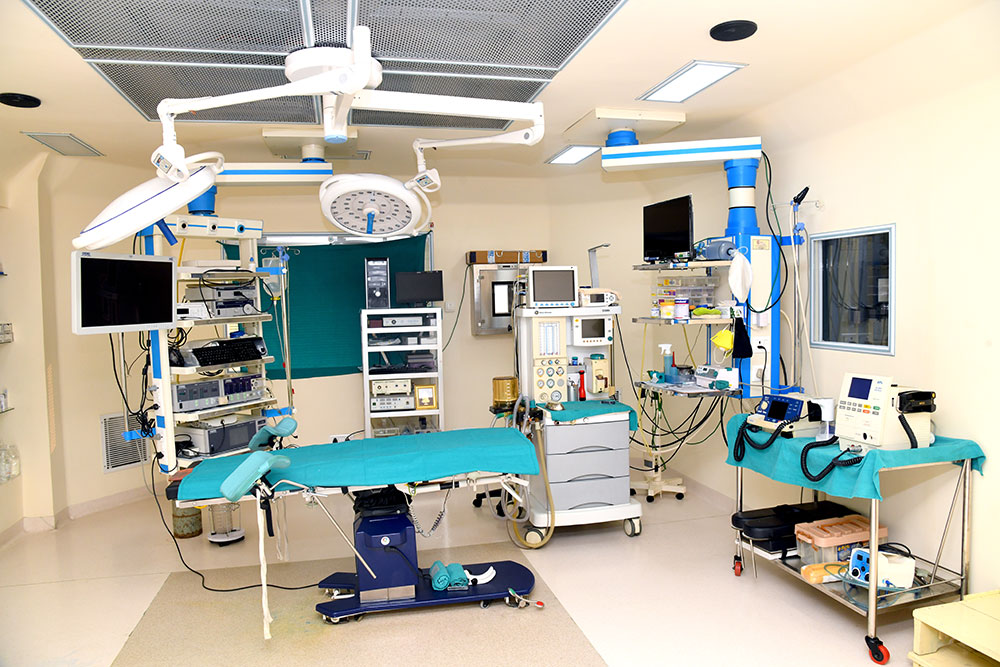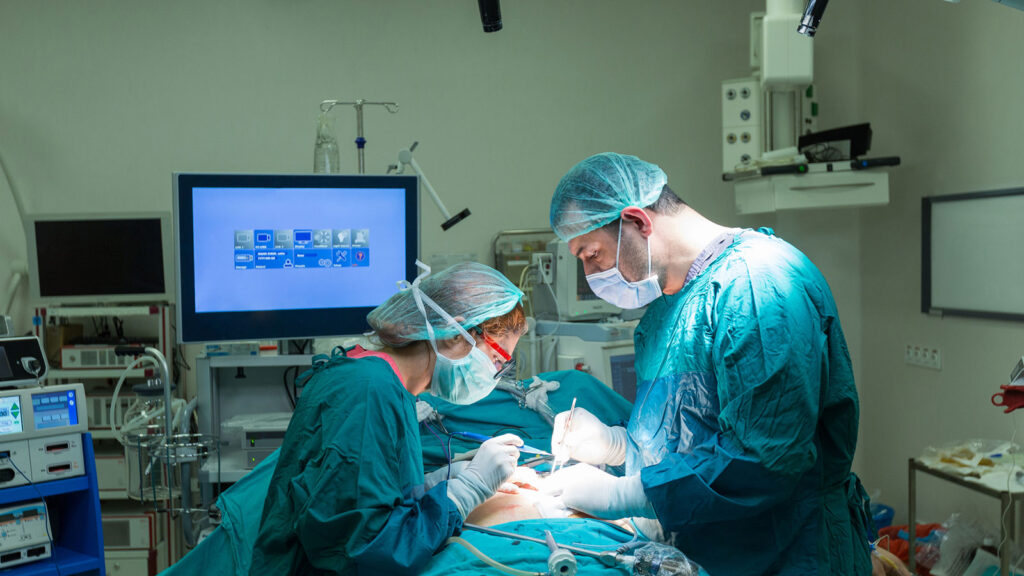Get a quick understanding of the technique of gynecological laparoscopy
The purpose of this blog is to provide the patient with information about the nature, indications, risks and consequences of gynaecological laparoscopy.
Advanced gynae laparoscopy in Varanasi is a surgical method that allows you to examine the abdominal organs in order to detect pathology, perform operations, and also take tissue samples for research.
Preparing for laparoscopy
Take a shower early in the morning of your surgery. In order to avoid complications associated with anesthesia, you should refrain from eating for at least six hours and from drinking for at least four hours before surgery.
You should also stop smoking and chewing gum six hours before your laparoscopy. If acidic stomach contents (undigested food or drink) enter the lungs during anesthesia, it can be life-threatening. Medicines can be taken with a little water.
In order to reduce the risk of complications, we ask you the patients inform their doctor before laparoscopy:
- About the state of their health;
- About all their illnesses;
- Constantly taken medications;
- Hypersensitivity to drugs known to them.
Description of laparoscopy
Laparoscopy is performed by a gynaecologist. Laparoscopy is performed under general anesthesia. During the operation, a small incision is made on the front wall of the abdomen in the navel area, the abdominal cavity is filled with carbon dioxide using a special needle and a laparoscope is introduced to examine the abdominal cavity.
On the anterior wall of the abdomen, another 1–3 small incisions are made for inserting surgical instruments. Laparoscopy will remove adhesions, ovarian cysts, fibroids, foci of endometriosis, uterus, ovaries and/or fallopian tubes from the abdominal cavity. Also laparoscopy is used in the case of malignant gynaecologicaltumours.
To find out the causes of infertility, a surgical instrument is placed into the cervical canal through the vagina in order to inject a dye into the uterus to check the permeability of the fallopian tubes. After laparoscopy, surgical instruments are removed, gas is released from the abdominal cavity, and the incisions are sutured.
Possible complications
Complications with gynae laparoscopy in Varanasi are rare. The risk of complications is higher if you have already had abdominal surgery or adhesions in the abdominal cavity. If complications arise during laparoscopy, or if it is not possible to complete the operation laparoscopically, an open operation will be performed.
As with any surgery, with laparoscopy, the following can also occur:
- Bleeding,
- Inflammation in the surgical site, inflammation of the abdomen or wounds,
- Very rarely – sepsis.
Injuries to internal organs – the bladder, ureter or intestines – are also possible, which can lead to disruption of the activity of these organs. The most common problems are short-term pain in the abdomen, shoulder and neck. These symptoms usually resolve within 2–3 days. Drugs used in laparoscopy can cause hypersensitivity to the body, from allergic skin rashes to allergic shock.
When electro surgery is used during laparoscopy, scarring can form in the electrode area as a result of damage to the skin. Blood clots in the lungs and pneumonia after surgery are rare. If adhesions develop later, you may experience abdominal pain, infertility, or bowel obstruction.
However, with the advanced gynae laparoscopy UP, you can remain stress free as the experts of New Life Hospitals have vast experience in this sector.


